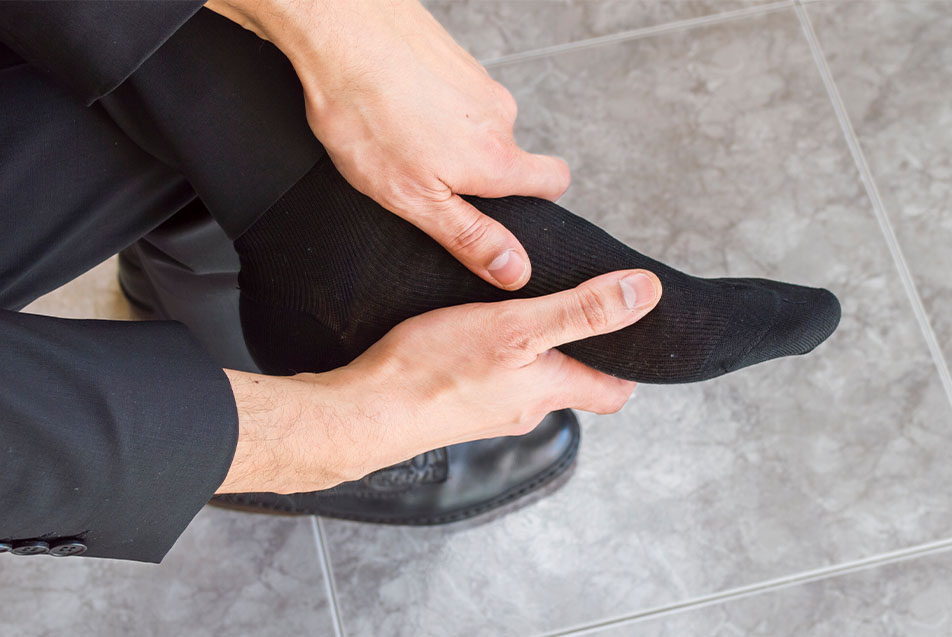
This post was written by Ashley M. Bojrab, DPM, FACFAS, ABPM, PPG – Podiatry.
A podiatrist is a foot and ankle specialist that examines and prevents issues developing in the feet. When examining your feet, we may find an open cut or sore. Unfortunately, wounds on the feet are challenging to heal. This slow progression is due to multiple factors that contribute to the healing process, such as pressure, circulation, blood sugar levels and nutrition.
Fueling your feet
Your diet gives you the nutrients your body needs to nourish and help heal wounds. Patients who are overweight tend to be malnourished and should look at their diet if a wound is not healing well or as expected. Thankfully, some healthy food choices can easily be incorporated into your diet to help promote healing. A few of these restorative nutrients include:
- Vitamin C: This vitamin helps make collagen and assists in the absorption of iron.
- Iron: This mineral is essential for the formation of red blood cells, which help transport oxygen and promote collagen formation.
- Copper: A mineral that promotes healthy skin, blood vessels and connective tissue.
- Protein: A powerful macronutrient that is vital in building bones, muscle, ligaments and skin.
- Vitamin A: This vitamin helps the body maintain a healthy immune system. It also assists in the healing process of the skin.
Where to turn for help
If your healing process is slow going, don’t get discouraged, wound healing can be a lengthy process. If you or a loved one are concerned about the progress of a recovering wound or sore, please speak with a podiatrist or your primary care provider to see if a dietitian consultation is needed.



